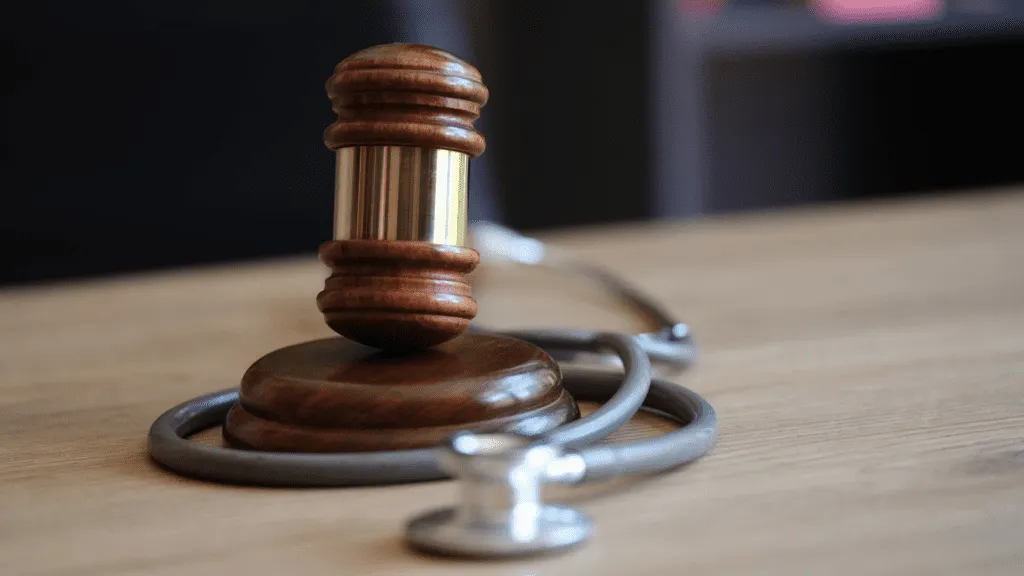Introduction
In the intricate world of law, where battles are fought with words and knowledge, legal professionals occasionally find themselves in troubled waters. Two challenges that may come their way are legal malpractice claims and bar complaints. For lawyers in Virginia and the District of Columbia, it’s crucial to grasp the differences between these two phenomena. In this comprehensive exploration, we’ll delve into the variances between legal malpractice and bar complaints, deciphering the intricacies of each. Our journey will be guided by insights from a savvy DC bar complaint defense lawyer and a bar admissions attorney in Virginia, making sure legal professionals can navigate these legal waters with confidence.
Cracking the Code of Legal Malpractice in Virginia
- Decoding Legal Malpractice
Legal malpractice can occur in a variety of circumstances and involves either a professional mistake or improper conduct on the part of the lawyer that results in harm to the client. This harm could be financial losses, missed deadlines, or a legal outcome that doesn’t favor the client.
- Building Blocks of Legal Malpractice
To prove legal malpractice in Virginia, there are certain building blocks:
- Duty of Care: The lawyer owed a duty of care to the client.
- Breach of Duty: The lawyer breached this duty through negligence or misconduct.
- Causation: The breach directly caused harm or damage to the client.
- Damages: The client suffered measurable harm as a result of the lawyer’s actions.
- Common Oops Moments in Legal Malpractice
Legal malpractice can happen in various situations, such as:
- Deadline Dilemmas: Missing important deadlines that lead to trouble.
- Legal Research Lapses: Giving inaccurate advice due to incomplete research.
- Conflicts of Interest: Representing clients with conflicting interests without telling them.
- Legal Malpractice Statute of Limitations in Virginia
In Virginia, there’s a time limit for filing a legal malpractice claim – usually two years from the time the client discovers or reasonably should have discovered the malpractice. This emphasizes the need for prompt action if someone wants to seek legal remedies.
Dealing with Bar Complaints in Virginia
- Understanding Bar Complaints
A bar complaint is a formal grievance filed against a lawyer with the Virginia State Bar, claiming that the lawyer violated the rules of professional conduct. Unlike legal malpractice, which is a civil matter, bar complaints can lead to administrative proceedings that can result in disciplinary actions against the lawyer.
- Distinguishing Bar Complaints from Legal Malpractice
While legal malpractice is about harm to the client, bar complaints focus on allegations of ethical misconduct or harm to the profession. A bar complaint can be filed by a client, opposing counsel, or even a judge who believes that a lawyer has broken the rules of professional conduct. Furthermore, disciplinary investigations can be initiated by the Office of Bar Counsel or Disciplinary Counsel based on unreported information in the public arena.
- Bar Investigations
Bar investigations will be initiated by the filing of a complaint which will then be sent to the lawyer to review and provide a response. The lawyer’s response will be shared with the complainant who will be allowed to comment on the response. Based on these exchanges Bar Counsel may conduct a formal investigation into the conduct alleged. This will involve interviews, document collection, and other forms of evidence solicitation deemed necessary. After the investigation, the Bar Counsel will decide whether to proceed with filing formal charges.
- Common Grounds for Bar Complaints
Bar complaints can come from various situations, including:
- Conflicts of Interest: Representing clients with conflicting interests without proper disclosure and waiver.
- Mishandling Funds: Handling or using client funds improperly or without permission.
- Communication Failures: Not communicating with clients with sufficient frequency or completeness.
- Incompetence/ Lack of Diligence: Failure to pursue client’s objectives, being unprepared, filing frivolous pleadings.

The Guardian: DC Bar Complaint Defense Lawyer
When it comes to defending lawyers against bar complaints in DC or bar complaints in Virginia, a DC bar complaint defense lawyer employs a tactical and strategic approach to ensure the best possible outcome for the accused lawyer.
- Case-Specific Investigation: The process commences with a meticulous examination of the specific allegations. A DC bar complaint defense lawyer delves into the details of the case, unravels intricacies, and identifies any mitigating factors that could shape the defense strategy.
- Evidence Compilation: The foundation of a robust defense is built on the collection of evidence. This involves gathering documents, reviewing communication records, interviewing witnesses, and any other pertinent materials that can substantiate the lawyer’s position and counter the allegations effectively.
- Analysis: In certain instances, bringing in witnesses or consultants becomes imperative. Whether it’s in legal ethics, local rules, medical conditions, or a specific legal area related to the complaint, their insights can fortify the defense and provide a more comprehensive perspective.
- Crafting a Comprehensive Response: A smart response transcends mere refutation of allegations. A DC bar complaint defense lawyer systematically addresses each accusation, presenting a well-articulated defense that offers clear explanations, provides supporting evidence, and underscores a steadfast commitment to ethical practice.
- Open Communication with Disciplinary Authorities: Transparency forms a pivotal part of the defense strategy. Engaging in open and honest communication with the DC Bar, the Virginia State Bar, or other disciplinary authorities not only demonstrates a cooperative stance but also fosters a more constructive dialogue throughout the proceedings.
- Negotiated Disposition: Acknowledging that a formal hearing may not always be the most advantageous path, a DC bar complaint defense lawyer assesses the viability of Alternative Dispute Resolution (ADR). Mediation or arbitration can provide a platform for negotiation and resolution without the formalities of a courtroom, potentially leading to a more favorable outcome for the accused lawyer.
Conclusion
In conclusion, when facing the intricate challenges of bar complaints in Virginia or bar complaints in DC, The McGavock Reed Law Firm stands as a beacon of legal expertise and unwavering support. The firm navigates the complexities of administrative proceedings with precision, creating robust defenses and safeguarding the professional reputations of lawyers. The firm’s commitment to excellence extends to its role as a trusted advisor, offering not just legal defense but also compassionate guidance. With a seasoned DC bar complaint defense lawyer and bar admissions attorney in Virginia, The McGavock Reed Law Firm goes beyond representation – it empowers lawyers, educates, and contributes to the ethical fabric of the legal community. In times of legal turbulence, entrusting your defense to The McGavock Reed Law Firm ensures a strategic and compassionate ally, dedicated to preserving professional integrity amidst the challenges of bar complaints.


